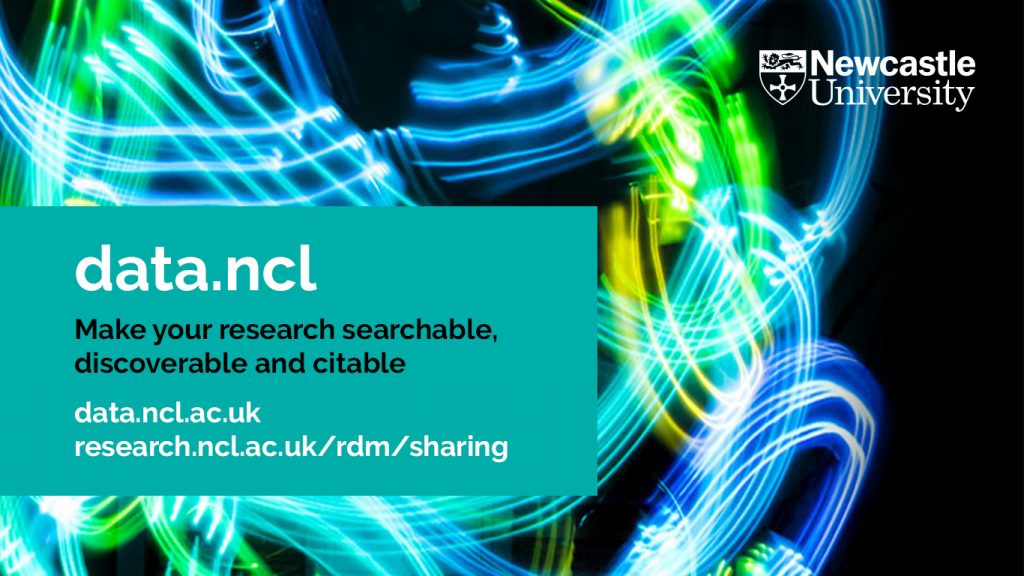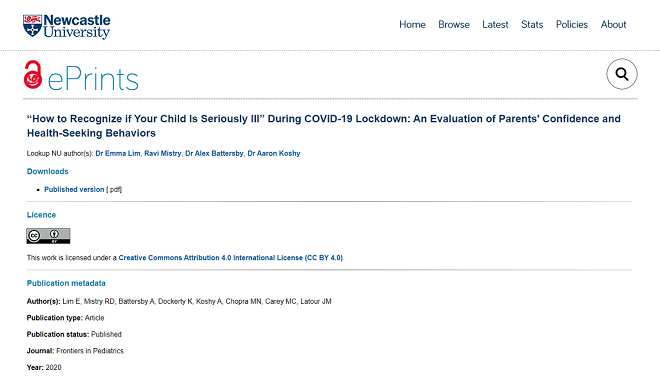
Friday 1st April sees the start of UKRI’s new Open Access policy. From this date, eligible UKRI-funded research papers must be made open access without embargo, under a CC BY licence (or, CC BY-ND by exception) and include a data access statement. A major change to the policy is that Gold open access in subscription/hybrid journals will be restricted to titles included in Newcastle University’s Transformative Agreements or journal titles that have committed to transition to open access (aka Transformative Journals).
Why has the open access policy changed?
UKRI is committed to championing open research as part of its strategy of advancing research culture change and to support the ambition set out in the government’s R&D People and Culture Strategy.
Open research improves research efficiency, quality and integrity through collaborative, transparent and reproducible research practices. UKRI’s priorities include open access to research publications and making research data as open as possible but as secure as necessary.
UKRI (2022) UKRI Strategy 2022–2027: Transforming tomorrow together. Available at: https://www.ukri.org/about-us/what-we-do/our-strategy-2022-to-2027/ (Accessed: 29 March 2022).
UKRI is building on the UK’s longstanding global leadership in open research with our new open access policy, which was developed through extensive consultation with the sector. The policy delivers on the ambition in the government’s R&D Roadmap, for publicly funded research to be accessible to all, and will boost the global impact of UK research by increasing opportunities for findings to be shared and used across all disciplines and sectors.
Where can I publish?
- Fully open access journals and proceedings. Check the Directory of Open Access Journals (funds are available, apply here).
- Subscription/hybrid journals that are in one of Newcastle University’s transformative agreements.
- Transformative Journals. Subscription/hybrid journals that commit to transitioning to a fully open access journals (funds are available, apply here).
- Subscription journals and proceedings that allow you to make your final accepted manuscript open access immediately on publication under a CC BY licence (e.g. Science).
If your journal does not meet any of the criteria above you may want to consider submitting elsewhere. Alternatively include a ‘rights retention statement’ in your submitted manuscript that allows you to make the author accepted manuscript open access in our repository. Contact the Open Access Team if you would like to know more about this alternative route to compliance.
Where can I get further advice and guidance?
Newcastle University’s Open Access team
- You can find up to date information on our Open Access webpages
- Open Access colleagues have presented policy briefings at a various meetings and events across the university and to all faculties. If you would like to request a briefing for your school or research group then please contact the Open Access team to request this.
- Contact the Open Access team direct with your questions.
UKRI
UKRI have contacted grant holders directly explaining the policy changes and have published the following guidance:
- UKRI Open Access Policy – https://www.ukri.org/publications/ukri-open-access-policy/
- Publishing your Research Findings – https://www.ukri.org/publications/ukri-open-access-policy/
- Shaping our Open Access Policy – https://www.ukri.org/publications/ukri-open-access-policy/
- UKRI Open Access Policy: FAQs – https://www.ukri.org/publications/ukri-open-access-policy/
- UKRI CC BY-ND licence exception – https://www.ukri.org/publications/no-derivatives-licence-exception/
Jisc
Find out how Jisc are supporting the research community to implement the UKRI open access policy – https://www.jisc.ac.uk/rd/projects/implementing-the-new-ukri-open-access-policy.










